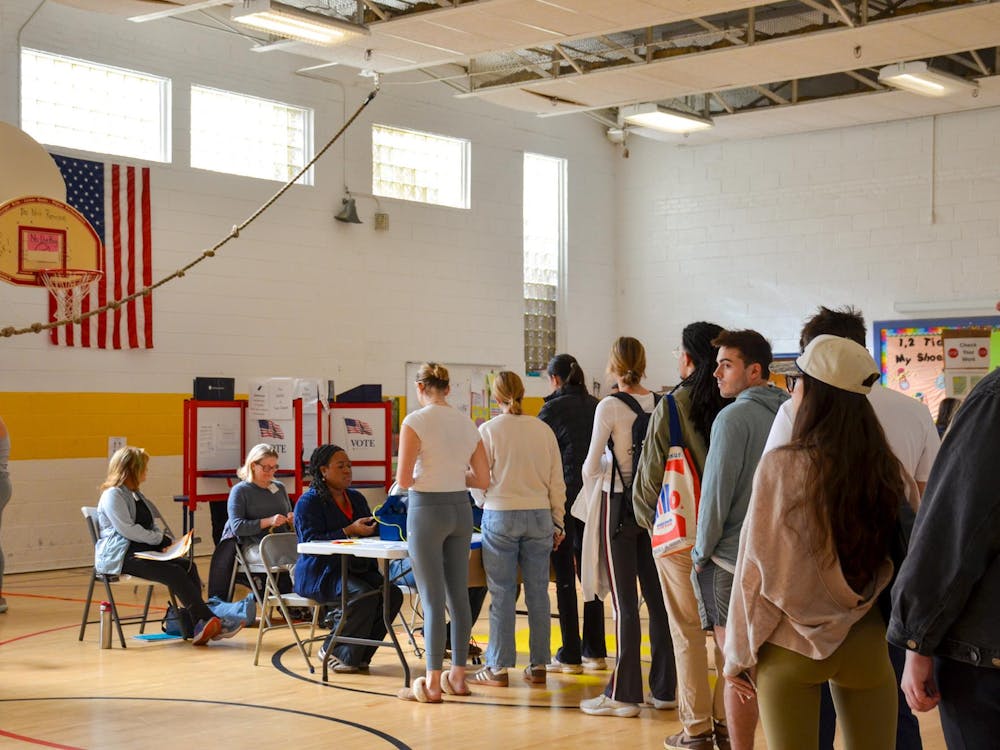Charlottesville residents and University students should be prepared in case of flooding or other storm-related damage later this week, when Hurricane Hanna is forecasted to make its way up the East Coast, according to Charlottesville Director of Communications Ric Barrick.
Most tropical storms that affect the eastern United States, such as Hanna, hit in September, he said.
Charlottesville, located in west-central Virginia, usually only sees the “peripheral effects” of storms, Barrick said, but it is “not immune to tropical storms.” Barrick noted that Hurricane Isabel, the costliest and deadliest hurricane of the 2003 season, caused flooding, extensive damage and multiple power outages in the Charlottesville area.
He advised residents to be prepared for the possibilities of extended power outages and evacuations.
“Be prepared for power being out for a long period of time ... In addition, evacuations are always possible, so [you need] to have an evacuation route and communication plan,” Barrick noted, adding that pet-owners should plan for their pets’ well-being.
The local Charlottesville government emphasizes the “shelter-in-place” policy, Barrick noted, which encourages residents to have a couple of weeks worth of food, water, batteries, medicine and shelter readily available in case these items become scarce or difficult to obtain during an emergency.
Charlottesville officials are working on an online emergency Web site that will launch sometime this month, Barrick added, which will allow students, residents and visitors to visit one Web site to find out the latest information before and during emergencies.
Currently, Charlottesville offers an alert system through which residents can sign up to receive e-mail and text-message notifications and advice from the city in the case of an emergency or potential emergency.
Barrick also noted that the University has its own alert system, saying the University “has become much better at using an alert system” and technology to warn students of threats.
According to Marjorie Sidebottom, University director of emergency preparedness, the University “learned a great deal from [hurricanes] Katrina and Rita” in terms of ensuring students, faculty and staff have access to essential emergency situation material.
She noted that students can prepare for a potential hurricane by keeping themselves informed about developing emergency weather situations in advance. An easy way to do so, she said, is to sign up for e-mail and text-message alerts and tips from the student-run group Hoos Ready.
Flooding is a significant problem that may occur during a tropical storm, Sidebottom noted.
“You don’t want to be outside in tropical rain,” she said. “There may be flooding and power lines down, and that’s a dangerous combination.”
Though the chance of a powerful storm directly affecting the Charlottesville area is slim, Sidebottom said the University currently has emergency supplies stocked and available for students living in on-Grounds housing. Sidebottom noted, though, that students living off Grounds may want to prepare emergency kits — consisting of essential items that may be difficult to obtain in the event of an emergency — before any nearby storms, rare as those may be, could arrive.






